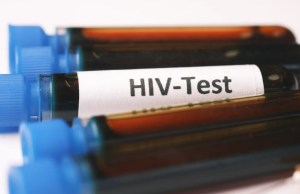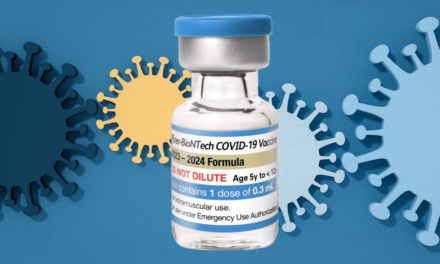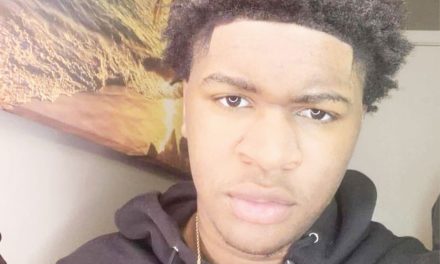By Alexa Spencer,
Word In Black
Not enough has been done to end the HIV epidemic in Black America.
That’s what Danielle Campbell, a researcher at Charles R. Drew University of Medicine and member of PrEP in Black America (PIBA), believes.
She’s worked to end HIV for over a decade. That’s long enough to see pre-exposure prophylaxis (PrEP) — a drug that prevents the spread of the virus — be released onto the market, as well as millions of dollars funneled into other prevention and treatment programs.
Despite these advancements, Black people continue to contract HIV and die from AIDS more than any other group in the U.S. As of 2019, the community made up 40 percent of new infections, despite representing only 13 percent of the country’s population.
Disparities like these are not new. Black folks have been disproportionately affected by the virus since it was first discovered, accounting for 29 percent of new diagnoses in 1981.
“It’s time for a shift,” Campbell told Word In Black in a phone interview. “And folks are hesitant.”
She and other members of PIBA hosted a summit last fall to strategize ways to usher in change. The gathering resulted in a three-pronged “master plan for HIV prevention in Black America.”
“It’s really the culmination of Black people doing what we do best: coming together to lead for us, by us,” Campbell said about the report.
The first call to action by PIBA summit attendees is to add more Black leaders to HIV-related public health positions.
Campbell and others don’t believe the HIV epidemic will end until the power-holders who make major decisions reflect the communities that are most impacted.
“When you have historical systems of care or sickness that are run by people that are not reflective of the sicknesses that researchers are studying, that people are making their careers on, then, of course, we’ll continue the same,” she said.
Specifically, she says Black people need to hold positions of power at institutions that fund HIV research and health departments.
“Black folks need to be at the front and center of efforts to ameliorate Black health,” she said. “Not other folks who wish us well or who have the expertise to do it based upon 20 or 30 years of supporting research in this work.”
Secondly, the group called for a reframing of how PrEP is viewed in the Black community. Rather than a tool used to shame sexual practices, they emphasized it as one for sexual liberation.
Lastly, to end the HIV epidemic, PIBA recommends a national federally-funded PrEP program that provides “universal access to essential benefits without judicial, legal or financial impediments.”
Black people face unequal use of PrEP. Just 9 percent of eligible Black patients have received prescriptions, compared to 66 percent of White patients.
Through this program, PrEP would be low-cost or free and made available during routine sexual health services. There’d also be an effort to raise the number of Black providers who prescribe PrEP.
“While Black people are seemingly disproportionately impacted by just about every chronic illness in the US, we are collectively sick and tired of being sick and tired,” the authors wrote at the end of the report.
“PIBA organizers are committed to continuing the effort to define and promote a Plan for PrEP in Black America for Black people by Black people,” they said.
The federal government has a goal to end the number of new HIV infections by at least 90 percent by 2030.
Campbell, whose life work is built on ending the epidemic, looks forward to the day when the Black community is free of the virus.
“It’s going to be like one of the biggest monkeys off our back.”
The post Researchers announce plan to end HIV in Black America appeared first on AFRO American Newspapers .









